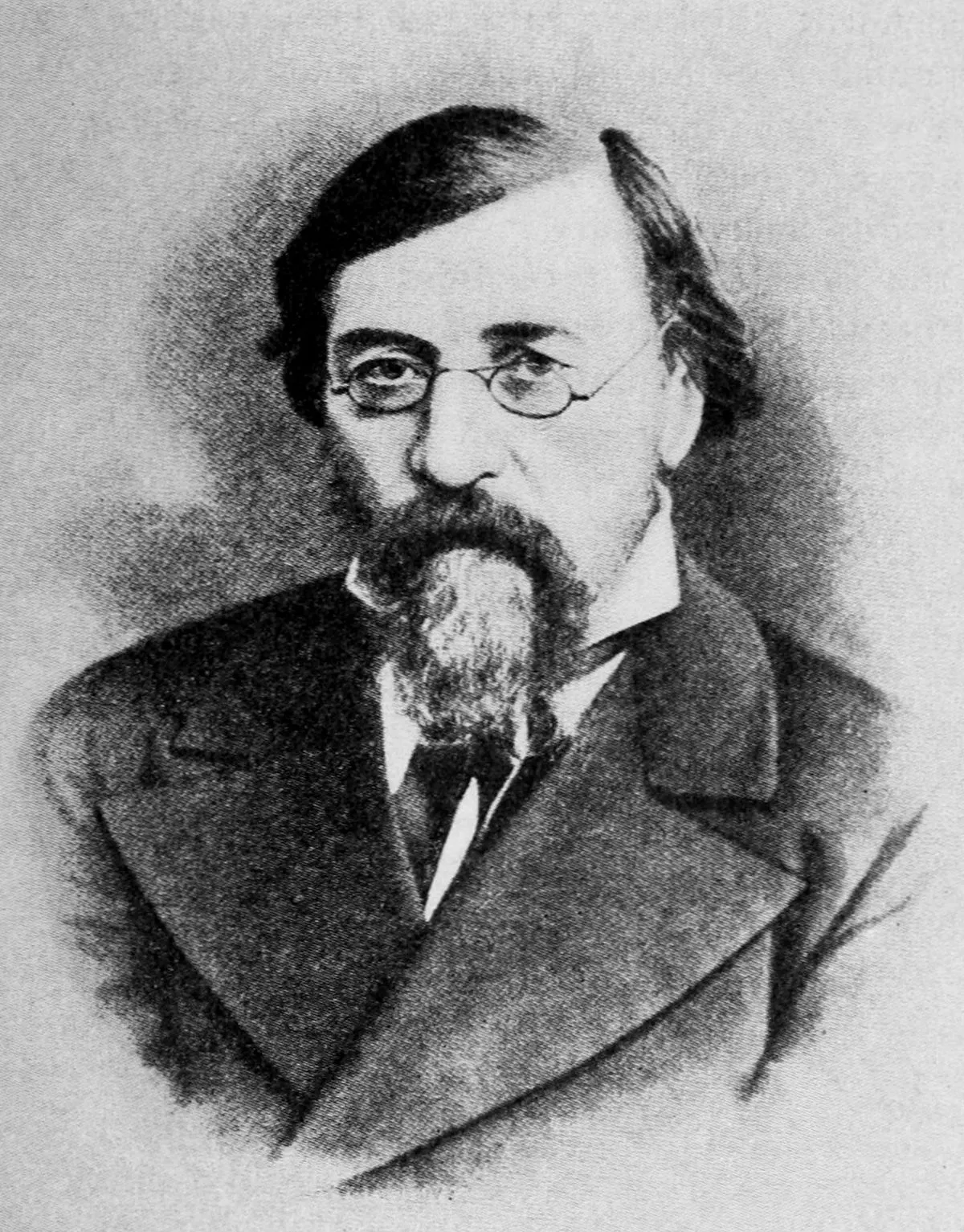 1.
1. Nikolay Chernyshevsky was the dominant intellectual figure of the 1860s revolutionary democratic movement in Russia, despite spending much of his later life in exile to Siberia, and was later highly praised by Karl Marx, Georgi Plekhanov, and Vladimir Lenin.